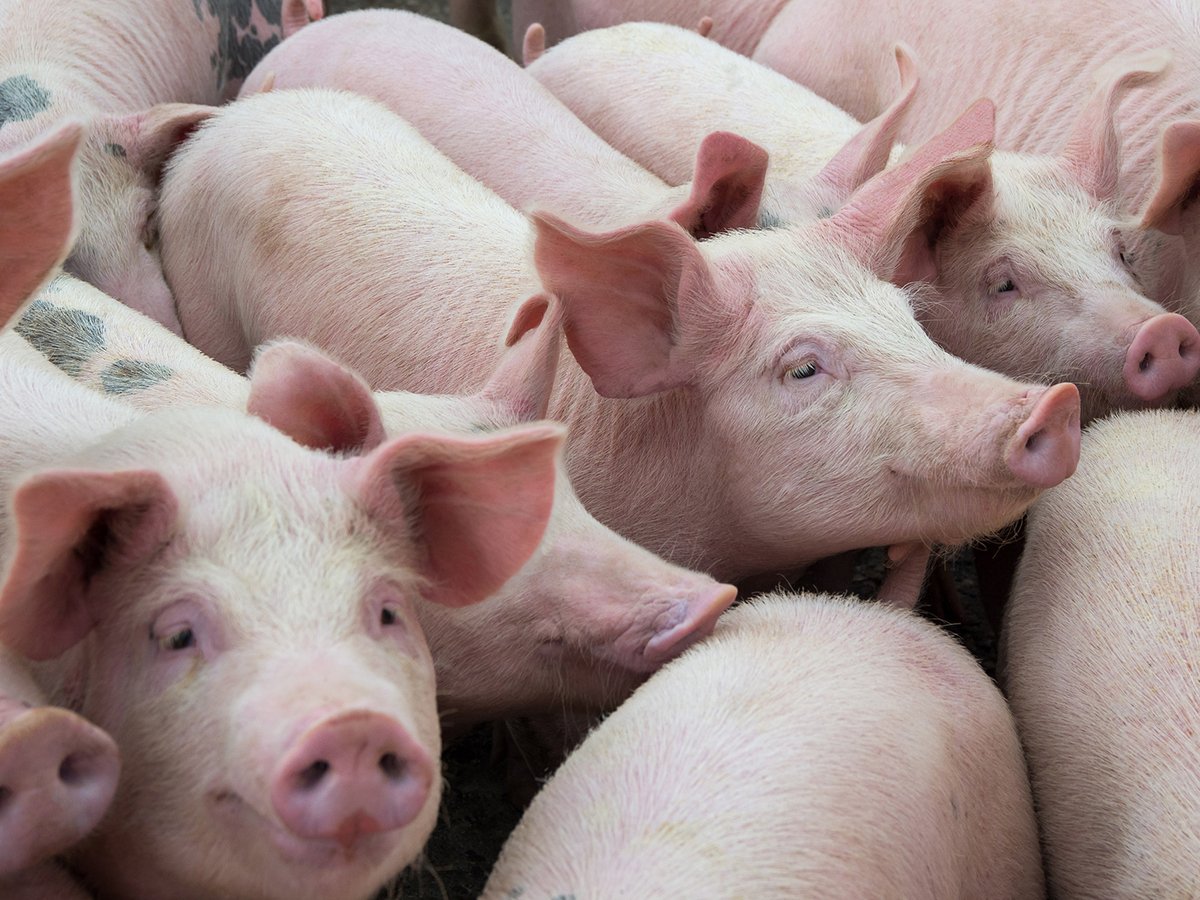Importing generic ivermectin from the United States has allowed cattle producers like Bill Campbell of Minto, Man., to trim veterinary drug costs.
The pour-on treatment for parasites sells for a lot less than similar products registered in Canada and Campbell is convinced it works just as well.
But the federal government could soon change its regulations and stop producers from importing veterinary drugs not registered in Canada.
Campbell wishes a middle ground could be found so that cattle producers, squeezed by the BSE situation, could continue to see some savings.
Read Also

Quebec pork company calls for transparency around gene-edited pigs
Quebec-based pork company duBreton is calling for transparency around meats from gene-edited pigs on concerns that a lack of mandatory labelling will confuse consumers, and dilute certification claims. The organic sector is also calling for labelling rules.
He said the generic ivermectin sells for less than $200 for five litres. It costs him close to $500 to buy an equivalent volume of a similar product registered in Canada.
“There’s just too large a price discrepancy,” Campbell said. “If I can buy product for $300 less, I’m probably going to buy the generic product.”
Canadian cattle producers can import unlicensed veterinary drugs under what is called the “own-use provision.” That means the drugs can be imported for their own use but not for sale to others.
Last winter, Health Canada’s Veterinary Drugs Directorate invited industry stakeholders to comment on changing Canadian regulations to prohibit the import of unapproved drugs for use in food-producing animals.
A response from the directorate to those comments is expected this summer.
The directorate is aware of producer concerns about the increased costs that could result from the proposed amendment, said Jirina Vlk, a Health Canada media relations adviser. The directorate wants to facilitate discussion between producers and drug manufacturers to resolve the issue, she said.
The Canadian Cattlemen’s Association has not yet taken a position, said CCA assistant manager Rob McNabb. The association’s animal health committee is expected to make a recommendation to the CCA board of directors no later than August, he said.
However, his comments suggest the association is favouring the proposed ban on imports of unapproved drugs.
“If they’re not approved in Canada, for whatever reason, then there is an issue with the prudent and safe use of products that haven’t been evaluated and licensed by our authorities,” McNabb said.
He said there are passionate views on both sides of the issue. Although there may be only a small risk with the import of an unapproved pesticide like generic ivermectin, he said the own-use provision leaves the door open to other unapproved veterinary products that could present problems such as antimicrobial resistance.
“We have to deal with it on an objective basis and look at the industry as a whole, not just everyone’s pocketbooks, although that’s a major factor and that’s what we’re here to do as well, but we have to look a little further than tomorrow.”
Veterinary drugs are supposed to undergo a thorough assessment of quality, safety and efficacy before being marketed in Canada.
On its website, Health Canada suggests that by circumventing that assessment, unapproved drugs pose potential risks to human health when administered to food-producing animals.
Campbell would like to see a compromise struck. He pointed to emergency-use registration of pesticides for crops as an example of how some products can be used in Canada on an interim basis while more information about their effectiveness is gathered.
And if producers are expected to give something up, then the prices for veterinary drugs registered and sold in Canada need to be competitive, he said.
















